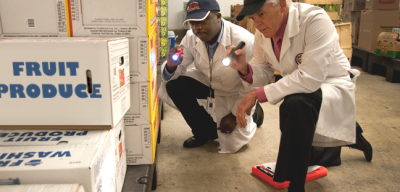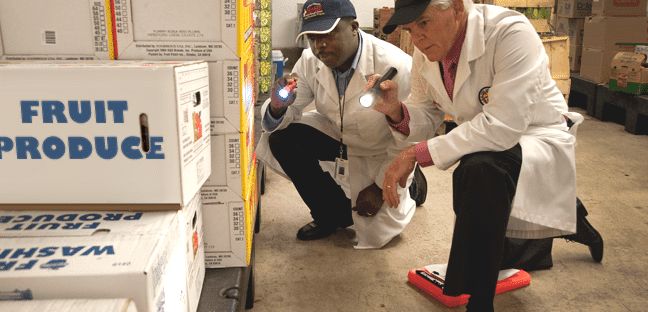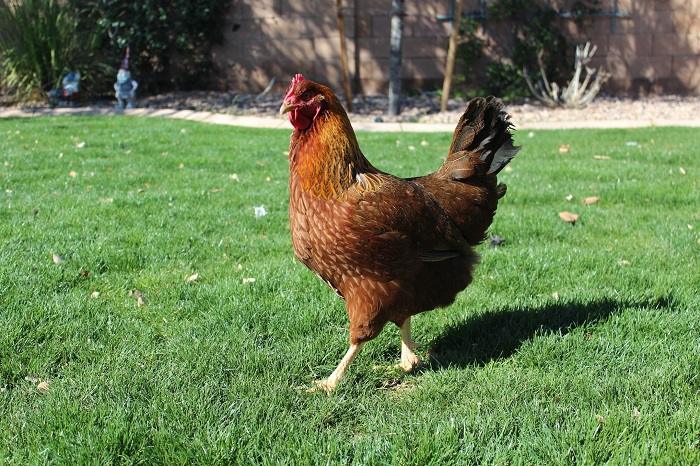
If you’re eating a store-bought fruit or vegetable while reading this article, there’s a good chance it was imported. And if it was imported, it likely wasn’t inspected.
The Food and Drug Administration acknowledged as much July 26 when it proposed new rules that are intended to make America’s food supply safer in light of a series of foodborne outbreaks that at times have resulted in death.
Fifty percent of fresh fruit and 20 percent of fresh vegetables are imported, but only two percent are inspected.
Under the proposed rules, imported fruits and vegetables will be subject to the same standards as are domestically produced food. Specifically, third-party auditors in the foreign country would inspect the facility and issue a report to the FDA. The proposed rule, though, isn’t in effect yet, and may not be for some time. The public has until Nov. 26 to comment on the proposal, after which the FDA can make changes.
“We will continue to check food at our borders,” said Michael R. Taylor, J.D., deputy commissioner for foods and veterinary medicine.” However, rather than relying almost entirely on FDA’s investigators at the ports to detect and respond to food safety problems, importers would — for the first time — be held accountable for verifying, in a manner transparent to FDA, that the food they import is safe.”
New Survival Seed Bank™ Lets You Plant A Full Acre Crisis Garden!
Each year, roughly one in six Americans – that’s about 48 million people – get sick from foodborne diseases, according to the Centers for Disease Control and Prevention. Additionally, 128,000 are hospitalized and 3,000 die. All of those are not the result of imported food, but enough of them are so that the federal government is issuing new rules.

Foodborne illnesses can come from a variety of products, including from frozen foods. This summer, more than 150 became ill with Hepatitis A after eating berries from “Townsend Farms Organic Antioxidant Blend,” found in the frozen food section. The FDA and CDC traced the virus back to pomegranate seeds from Turkey. Hepatitis A impacts and can damage the liver.
Polly Sirles of Corralitos, Calif., bought the frozen berries and made her family fruit smoothies for two weeks – until she learned of the recall, USA Today reported.
“I really thought I was giving them this wonderful antioxidant, healthy drink,” she said. Her kids, though, kept complaining about the pomegranate seeds, simply because they got stuck in their straws. “They said, ‘Don’t ever buy this again!’
Meanwhile, the CDC is investigating an outbreak of cyclosporiasis, which has affected more than 350 people in 15 states. It causes diarrhea. Officials in Iowa and Nebraska say they believe the illness was caused by a prepackaged salad mix, although the origin of the salad is unknown, the Associated Press reported.
But there are no guarantees with American-grown fruits and vegetables sold in stores, either. In 2006, three in the US died and nearly 200 got sick from eating spinach tainted with E. coli. The spinach, from California, apparently had grown near cattle that were affected with the strain.
In Guatemala this year, four died and nearly 100 got sick from eating E. coli-tainted fruits and vegetables.
Doctors are encouraging consumers to wash their hands and their food thoroughly before eating. Of course, there’s another option: Grow your own.










